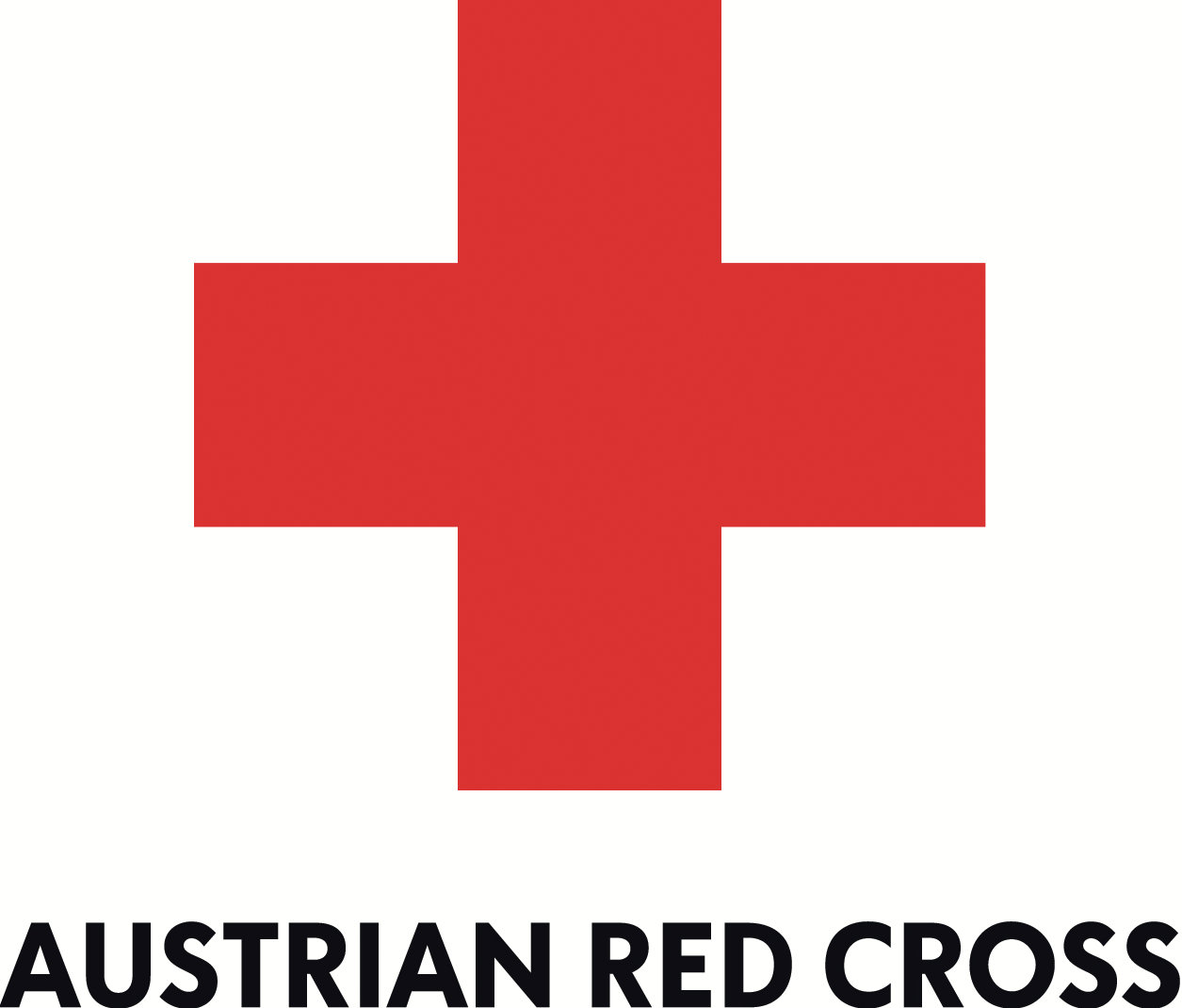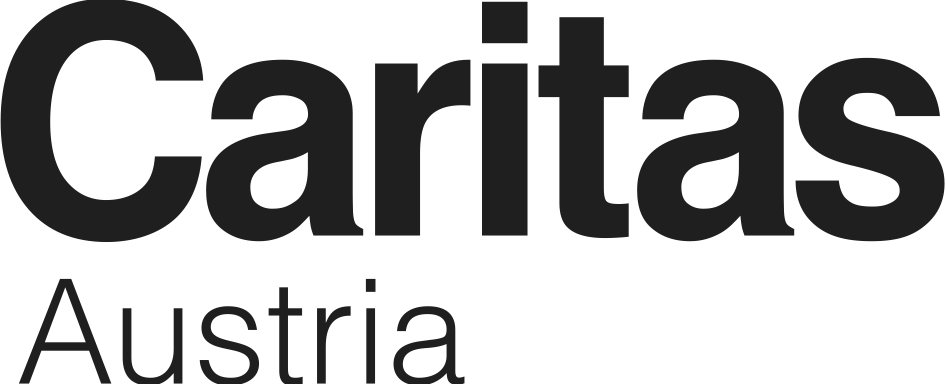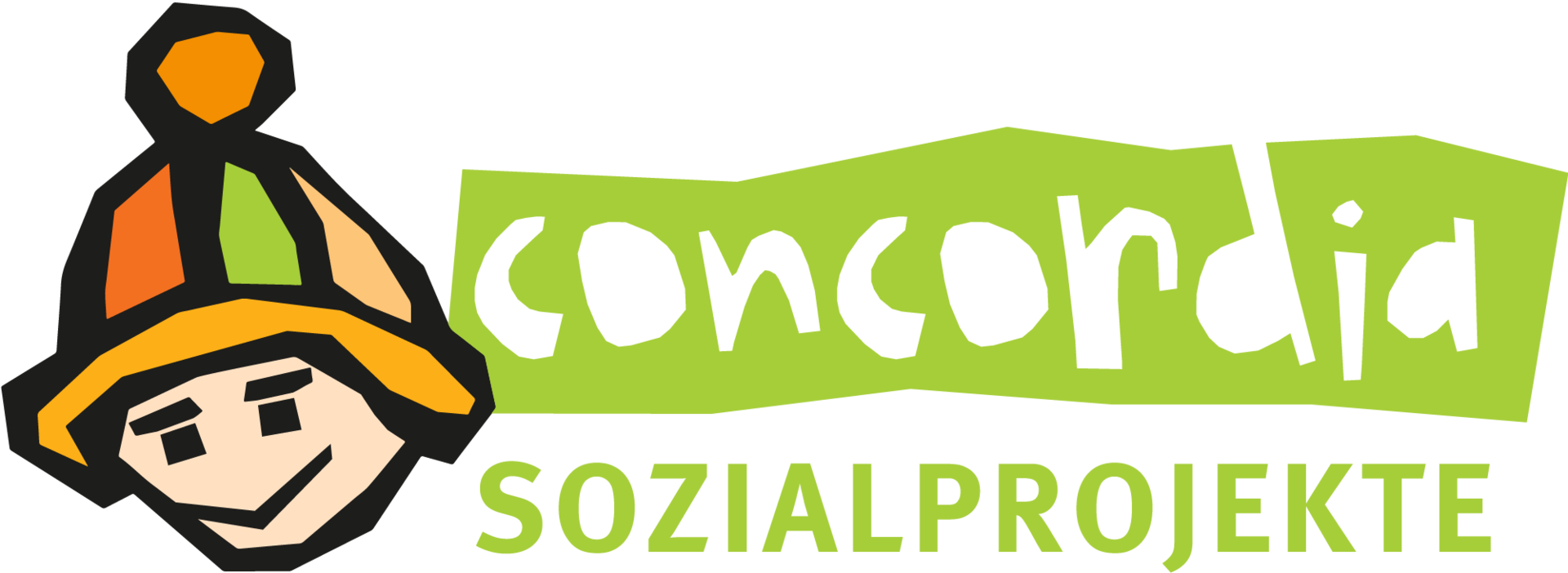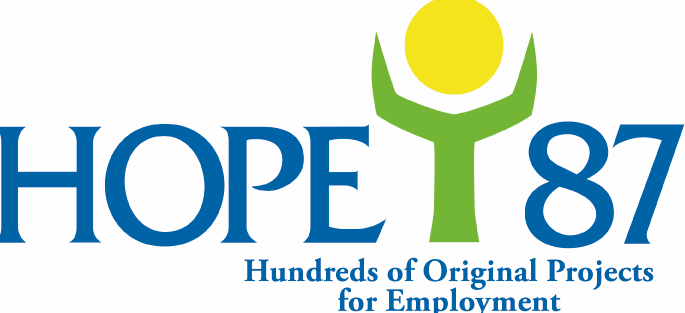Moderator & Master of Ceremony:
Irene Jancsy Communications Director of Doctors Without Borders, Austria
Panel members:
Kyung-Wha Kang Assistant Deputy Secretary-General for Humanitarian Affairs, United Nations
Yves Daccord Director General, International Committee of the Red Cross
Wolfgang Petritsch Former UN High Representative in Bosnia and Herzegovina, Diplomat
Today’s ongoing transformations in the political, economic, social and environmental sphere pose huge challenges to people in need. The number and severity of disasters, armed conflict and violence has increased. Complex emergencies – the coincidence of multiple conflicts, political crisis, and disasters – are no longer the exception.
The pressure on people already affected by complex emergencies is intensified by global trends such as climate change, rapid urbanisation and demographic changes, to name but a few. These factors hit poor people and societies hardest. 1.5 billion Human beings live in areas affected by conflict and/or in a situation with dysfunctional state institutions, poor governance, and states being unable or unwilling to provide basic services and security to its people. NGOs are witnessing on daily basis what the consequences of this insecurity meant for people in need of life saving activities. Humanitarian aid can be suspended, withdrawn or rendered impossible by violent events. For example wounded and sick people can be denied effective healthcare when hospitals are damaged by explosive weapons or forcibly entered by fighters, when ambulances are hijacked and when healthcare personnel are threatened, kidnapped, injured or killed.
The huge short- and midterm needs of affected populations are met by an increasing amount of humanitarian assistance channelled through the international community and humanitarian organisations. What are the implications for the delivery of humanitarian aid in the international order? How does humanitarian aid, humanitarian intervention and human rights interlink with each other? Is it that state sovereignty comes first, potential instrumentalisation of humanitarian aid next, and people are often left alone at the end? What can be done? Is there a way out?


















